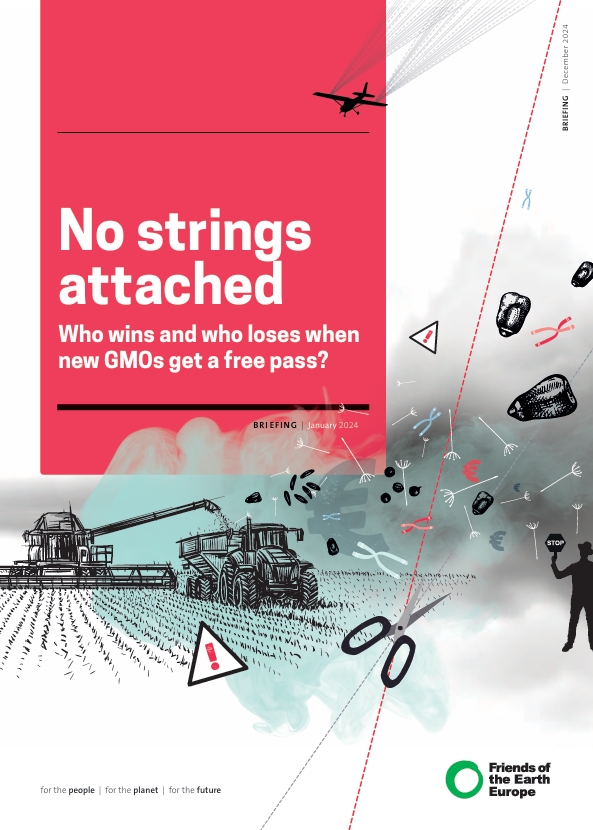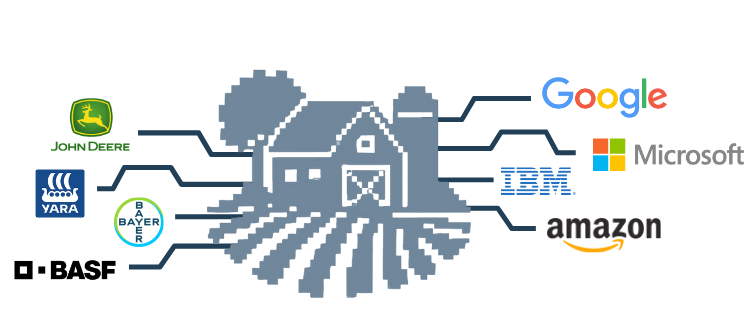
- This briefing is part of a series dissecting who will benefit from the draft EU law to deregulate new GMOs, and who will suffer from it.
The strength of EU food safety law lies in its stringent regulations on safety checks. Under EU law, potentially risky substances—including food contact materials, pesticides, feed additives and GMOs—must undergo thorough safety evaluations before entering the market. The EU has long acted in the belief that these comprehensive safety checks are the best approach for minimising the risks posed by all generations of GMOs. However, weak liability rules exist only in certain national GMO laws, applying primarily to GMO growers. Liability remains under the jurisdiction of national governments, meaning that at the EU level, neither regulators nor companies can be held legally accountable by civil society.
In contrast, the US regulatory system is weaker when it comes to safety checks. However, citizens and NGOs can initiate legal actions against regulators or companies for risks caused by products. Among the most well-known cases are those related to the pesticide glyphosate, in which Monsanto was held liable for harm caused to farmers using Roundup weedkiller and the US authority EPA was criticised for declaring glyphosate as safe. Similar legal actions have been brought for GMOs, such as challenges to GMO food labelling laws6 and recently against the lack of safety checks by US authorities.
Read our new briefing to learn more about who stands to win and who stands to lose from a liability deregulation







